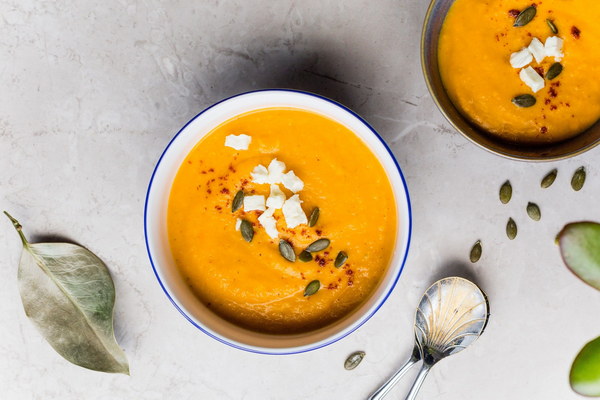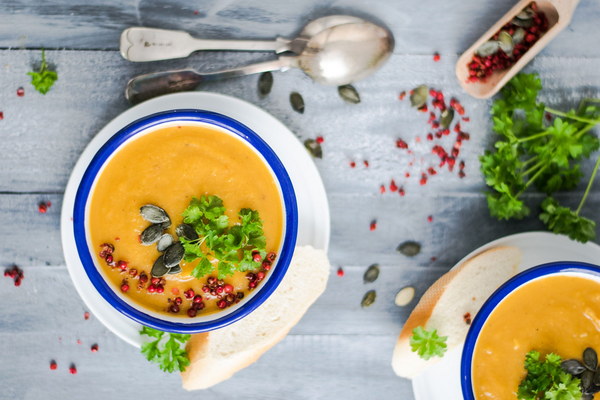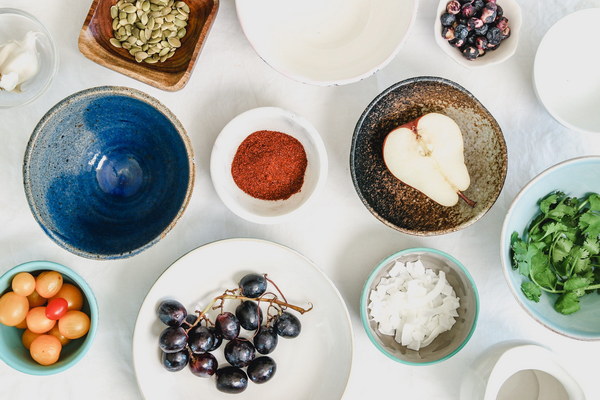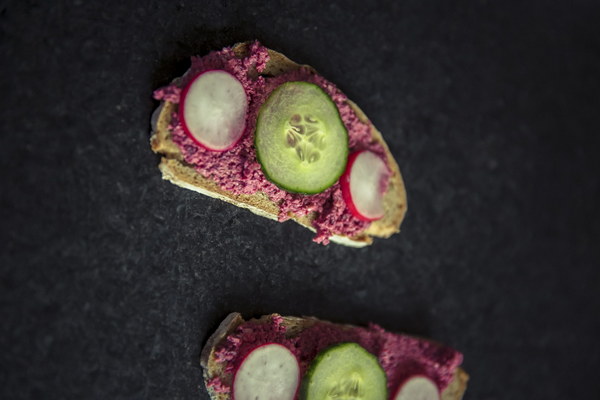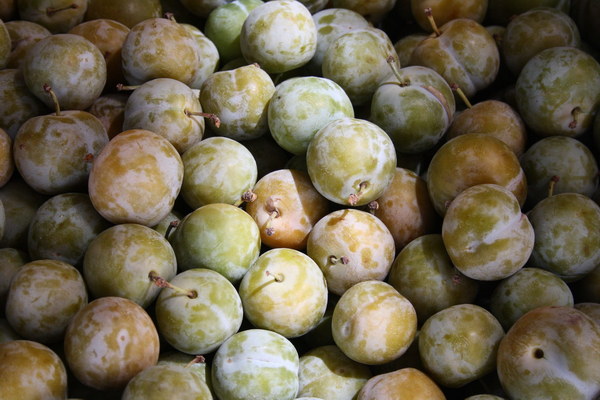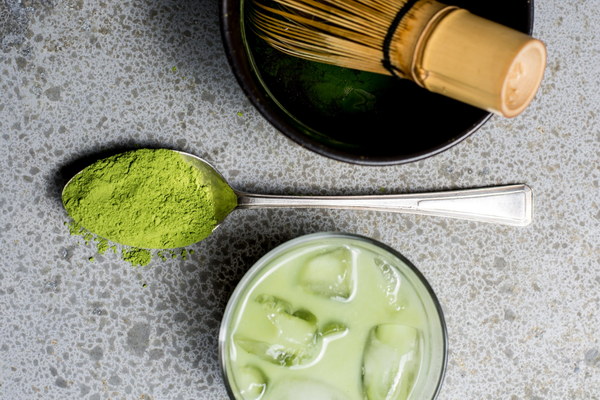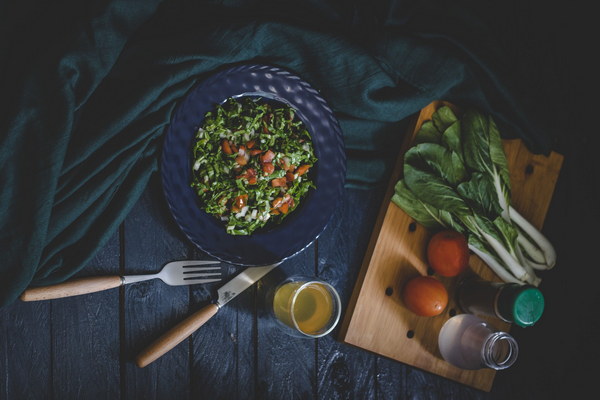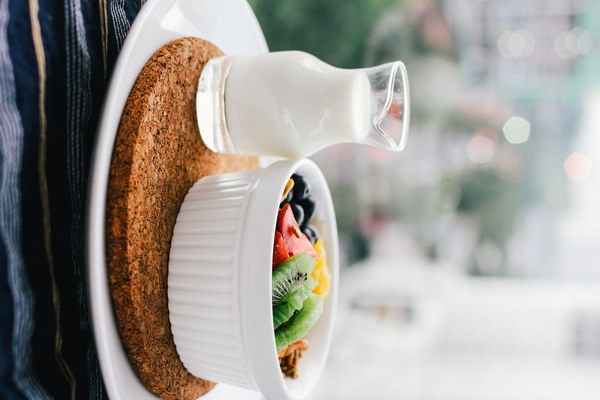Natural Remedies and Nutritional Delights A Healing Diet for Baby's Eczema
Natural Remedies and Nutritional Delights: A Healing Diet for Baby's Eczema
Eczema, a common skin condition affecting many infants and young children, can be distressing for both the child and the parents. While there is no single cure for eczema, dietary changes can significantly alleviate symptoms and improve the overall health of the baby. This article delves into a healing diet tailored for babies with eczema, focusing on natural remedies and nutritious foods that can soothe the skin and boost the immune system.
Understanding Eczema in Babies
Eczema, also known as atopic dermatitis, is a chronic skin condition characterized by dry, itchy, and inflamed skin. It often appears in the first few months of life and can be triggered by a variety of factors, including genetics, environmental allergens, and certain foods. By identifying and avoiding allergens, parents can help manage their baby's eczema more effectively.
The Eczema-Friendly Diet
1. Hydration is Key
- Begin with ensuring your baby stays well-hydrated. Water is essential for maintaining healthy skin and can help prevent dryness. For infants, breast milk or formula is sufficient, but as they grow, introduce water, diluted fruit juices, or milk as part of their diet.
2. Foods Rich in Omega-3 Fatty Acids
- Omega-3s are known for their anti-inflammatory properties and can help reduce eczema symptoms. Foods high in omega-3s include:
- Fish oil (always consult with a pediatrician before giving fish oil supplements)
- Salmon
- Tuna
- Flaxseeds
- Chia seeds
3. Probiotics for Gut Health
- A healthy gut can lead to healthier skin. Probiotics can help maintain a balanced gut microbiome. Foods rich in probiotics include:
- Yogurt (ensure it's free from added sugars)
- Kefir
- Sauerkraut
- Kimchi
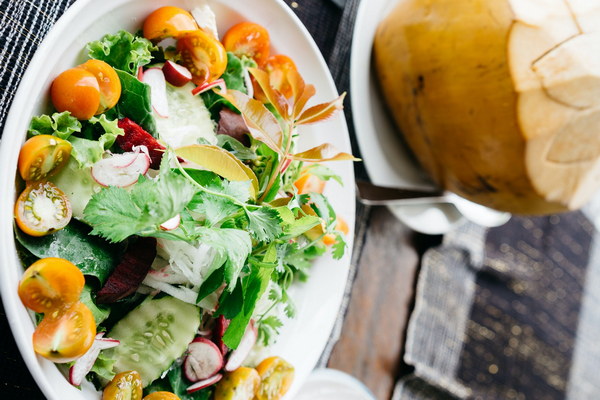
4. Foods High in Antioxidants
- Antioxidants can help protect the skin from free radicals and reduce inflammation. Include these in your baby's diet:
- Berries (strawberries, blueberries, raspberries)
- Apples
- Carrots
- Sweet potatoes
- Spinach
5. A Variety of Vegetables and Fruits
- Introduce a variety of fruits and vegetables to ensure a wide range of nutrients. Start with purees and gradually introduce textures as the baby grows.
6. Limit or Avoid Allergenic Foods
- Common allergens that can trigger eczema flares include:
- Cow's milk
- Eggs
- Nuts
- Wheat
- Soy
- It's essential to identify specific allergens through an elimination diet or with the guidance of a healthcare provider.
7. Healthy Fats
- Healthy fats, such as those found in avocados and coconut oil, can help maintain the skin's barrier function and reduce dryness.
Sample Eczema-Friendly Meal Plan for a Baby
Breakfast:
- Breast milk or formula
- A bowl of oatmeal with a splash of breast milk or formula
Morning Snack:
- A piece of ripe banana
- A few blueberries
Lunch:
- Breast milk or formula
- A vegetable and fruit puree (e.g., carrot, sweet potato, apple)
Afternoon Snack:
- A yogurt (ensure it's free from added sugars)
- A few pieces of whole-grain crackers
Dinner:
- Breast milk or formula
- A chicken or turkey puree
- A few spoonfuls of sweet potato or carrot puree
Evening Snack:
- Breast milk or formula
- A few pieces of cheese
Supplements and Safety
While dietary changes can be beneficial, it's crucial to consult with a pediatrician before making significant changes to your baby's diet or introducing any supplements. Supplements like omega-3 fatty acids and probiotics can be beneficial, but they should be administered under medical supervision.
In conclusion, managing baby eczema involves a combination of gentle skincare, environmental controls, and a well-balanced diet. By incorporating the right foods and avoiding allergens, you can create a healing diet that supports your baby's skin health and overall well-being.
